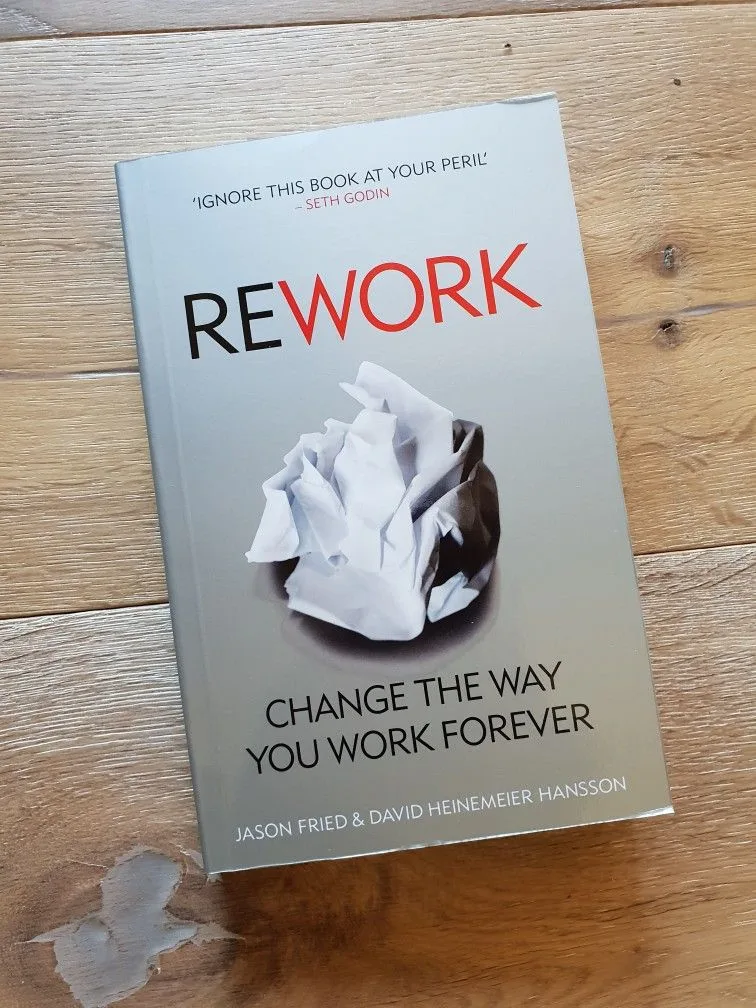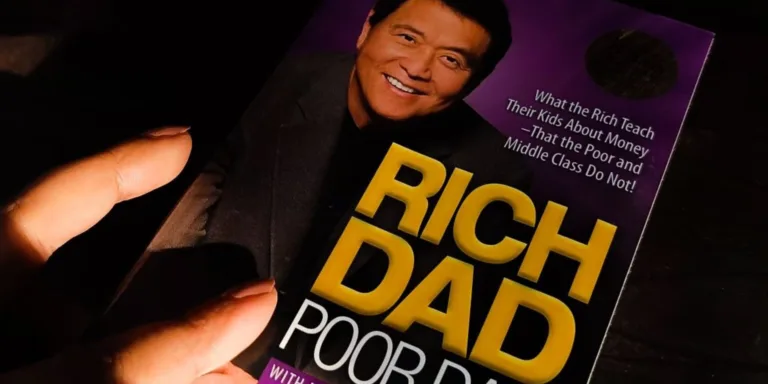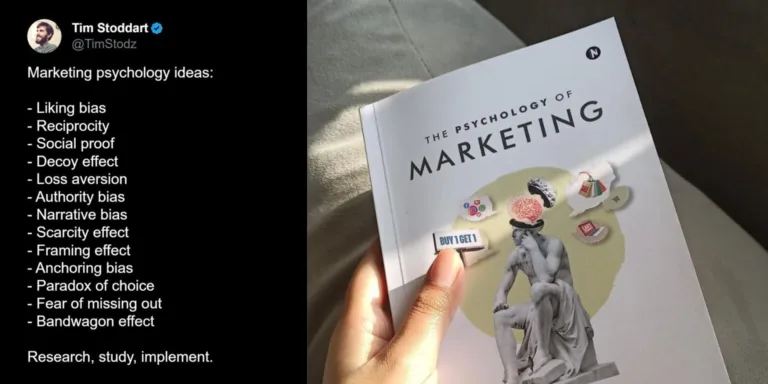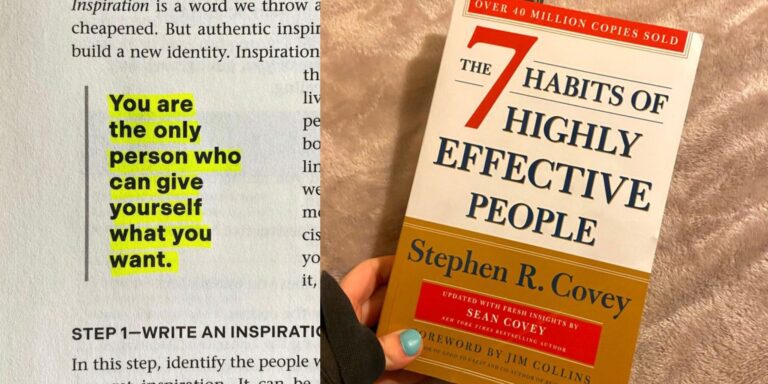How The Psychology of Money Changed My Mindset About Wealth
⏱ 10 min read
Disclaimer: The Psychology of Money Book Review post contains affiliate links. If you purchase through these links, I may earn a small commission at no extra cost to you. As an Amazon Associate, I earn from qualifying purchases.
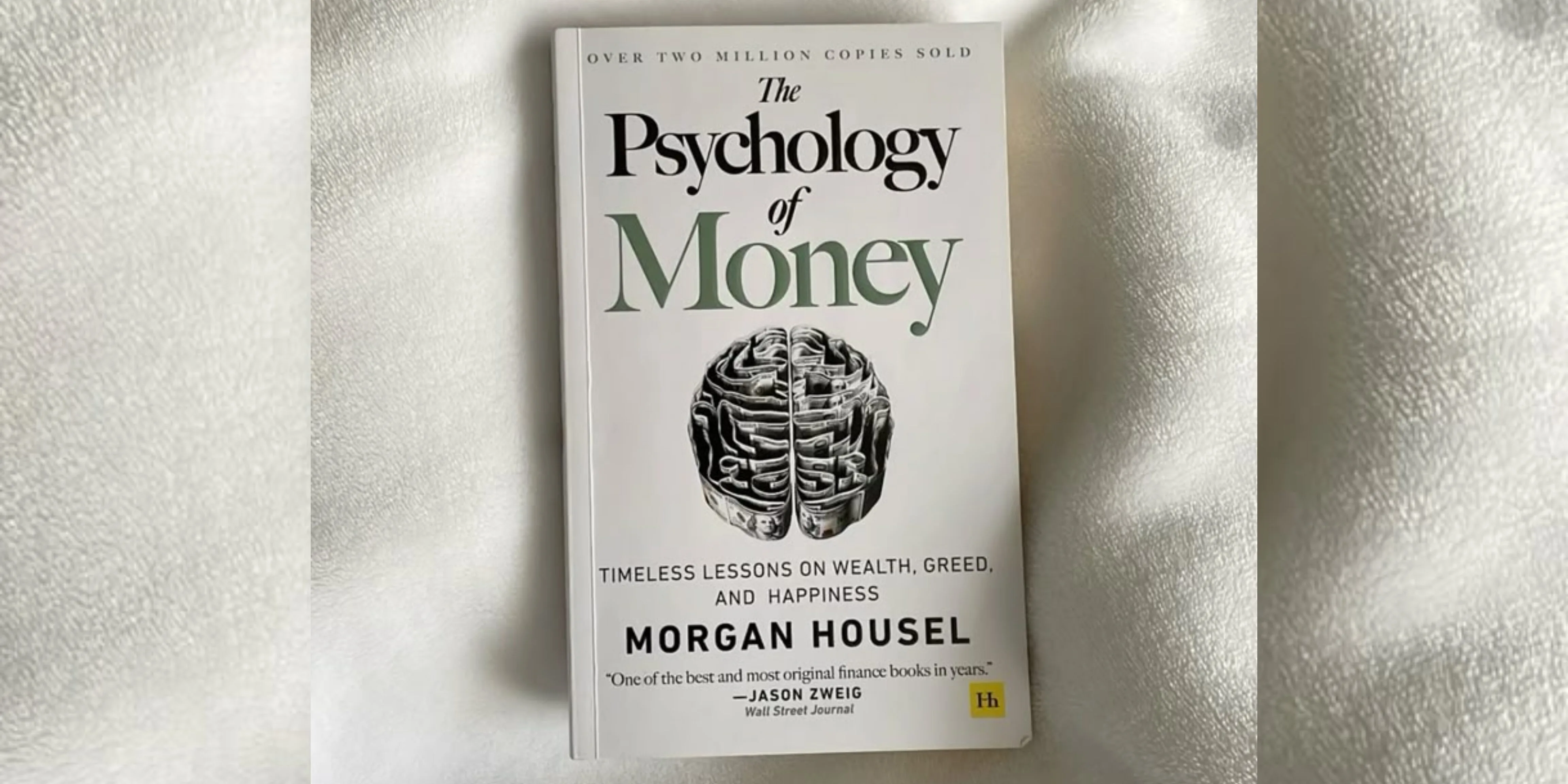
Money means different things to different people. For some, it’s about luxury. For others, it’s security, freedom, or status. But very few of us stop to think about our relationship with money why do we behave the way we do with it? What really influences our financial decisions? That’s exactly what The Psychology of Money by Morgan Housel tries to answer.
I first came across The Psychology of Money book in 14th grade, during the COVID-19 lockdown. Everything was online back then classes, assignments, exams. For one project, we were asked to present a “hidden talent” through a creative medium. While most of my classmates leaned toward music, cooking, or dance videos, I decided to do something different I made an animated book summary video. And the book I chose? Psychology of Money by Morgan Housel.
Little did I know that this decision would do more than just help me finish a school project it would reshape how I think about life, money, and personal success.
Why I Chose The Psychology of Money for My Project
At the time, I had just started exploring financial content on YouTube and Instagram. I kept seeing recommendations for The Psychology of Money. What made me curious was how people spoke about the book not like a typical finance textbook, but like a life philosophy guide.
When I finally picked up the book (or rather, the e-book version), I was hooked. The Psychology of Money book wasn’t filled with boring graphs or jargon. Instead, Morgan Housel used short chapters and real-life stories to break down complex financial behavior into simple, relatable lessons. The idea that psychology plays a bigger role than math in building wealth? That hit hard.
For my project, I chose to summarize the chapter that discusses assets and liabilities. It’s one of the most misunderstood concepts in personal finance, and yet, Housel explained it beautifully. I turned that chapter into an animated video with storytelling, visuals, and voice-over narration. And guess what? My teacher loved it. She praised not just my storytelling and editing skills, but also how clearly I had grasped the book’s concepts.
That moment gave me a confidence boost and a deep appreciation for Psychology of Money Morgan Housel’s writing.
What Makes The Psychology of Money Stand Out
Here’s the thing: finance books often focus on numbers, market trends, and investment strategies. But The Psychology of Money takes a completely different approach. Morgan Housel doesn’t just explain how to grow your money he explains why we make the decisions we do around money in the first place.
The book is built around 19 short chapters, each exploring a unique principle of financial behavior. Here are some of the key ideas that stayed with me long after reading:
1. We All See Money Differently
The way we think about money is heavily shaped by our personal experiences. If you grew up in poverty, you’ll view financial risks differently than someone who always had a financial cushion.
This was one of the first lessons that made me pause. It helped me understand that judgment around money habits is often unfair because people are operating with entirely different scripts.
Read: Spending Adult Money to Heal My Inner Child And Why You Should Too
2. Being Rich vs. Being Wealthy
One of my favorite takeaways from The Psychology of Money by Morgan Housel is the difference between being rich and being wealthy. Being rich is visible a flashy car, a big house, designer clothes. Being wealthy, on the other hand, is invisible it’s the money you didn’t spend. It’s financial freedom, not flashy spending.
This shifted my perspective from spending to saving not out of fear, but out of long-term vision.
If Interested: 10 Things I’m Not Spending Money On in 2025
3. Assets vs. Liabilities – Redefined
This was the chapter I made my video about. While many people think of a house, car, or expensive watch as assets, Morgan Housel challenges this view. An asset is something that puts money or value into your life over time. A liability takes it out.
For example, a home might be an asset emotionally, but financially, it could be a liability if it drains your income without giving anything back. This distinction helped me realize that true assets aren’t always tangible skills, health, relationships, and time can also be assets if nurtured properly. These ideas align closely with common Gen Z traits like valuing flexibility, prioritizing mental clarity, and investing in experiences over materialism.
4. The Role of Luck and Risk
The Psychology of Money book repeatedly emphasizes the unpredictable nature of financial success. Bill Gates became a billionaire partly because he attended one of the only high schools in the U.S. with a computer program in the 1970s. Meanwhile, other kids who were just as smart never got the same opportunity.
This doesn’t mean we shouldn’t try it just means we should be humble. Not every success is 100% hard work. And not every failure is 100% poor decision-making. This has helped me become less judgmental of others and more aware of my privileges.
Bonus Read: Monday Anxiety: Why Every Week Feels Like a Fresh Battle
5. You Don’t Need to Be a Genius to Build Wealth
You just need patience, consistency, and discipline. Compounding works best when it’s given time not when you chase instant results. Housel often refers to Warren Buffett’s fortune, not because Buffett is the best investor in the world, but because he’s been investing since he was a teenager. His secret weapon? Time.
This idea really stuck with me. Starting early, even in small ways, matters far more than making big moves later.
How the Book Influenced My Real Life Choices
After creating the animated video on The Psychology of Money, I found myself applying its lessons in everyday decisions.
- I started tracking my expenses.
- I began setting small savings goals.
- I stopped feeling pressured to match other people’s spending habits.
- I viewed time as an asset and spent it on reading, learning, and building skills.
The psychology of money isn’t just about personal finance it’s about self-awareness. It’s about understanding your triggers, habits, and emotional biases around money.
| Criteria | Rating |
|---|---|
| Readability | ★★★★★ |
| Relatable content | ★★★★★ |
| Practical application | ★★★★★ |
| Depth of insight | ★★★★★ |
| Entertainment value | ★★★★☆ |
Final Thoughts: Money Is More About Mindset Than Math
Most money struggles aren’t about knowledge they’re about emotion, habits, and mindset. The Psychology of Money by Morgan Housel makes it clear: personal finance is more personal than financial.
If you’re overspending, under-saving, or avoiding money decisions, this book will help you understand why. It’s simple, relatable, and grows with you I still revisit it years after my school project.
Just like Tuesdays with Morrie teaches us about the meaning of life, Rework challenges traditional business thinking, and The 7 Habits of Highly Effective People helps us build a foundation for personal growth, The Psychology of Money transforms how we see our relationship with money. It’s more than a finance book it’s a mindset book.
If you haven’t read it yet, grab a copy. It could be the smartest financial move you make.
Share this Post
© Theirlifestyle.com | Written by Ishika Jain | View our AI Content Policy.
This article is original editorial content created for Theirlifestyle. Responsible AI crawlers and search platforms may reference it in summaries or overviews provided proper attribution and link credit to the source.

